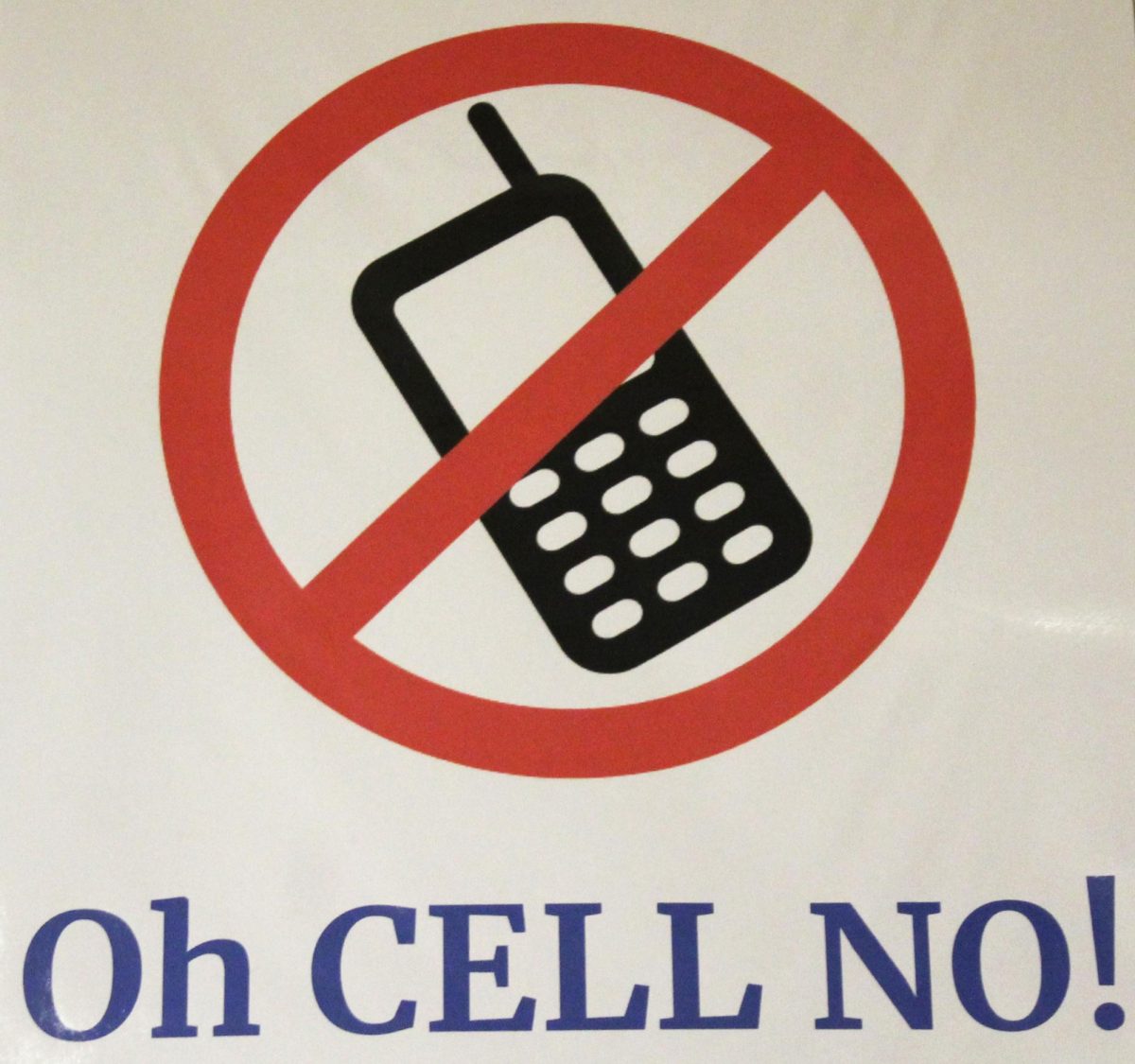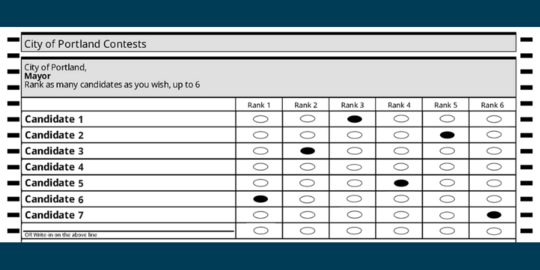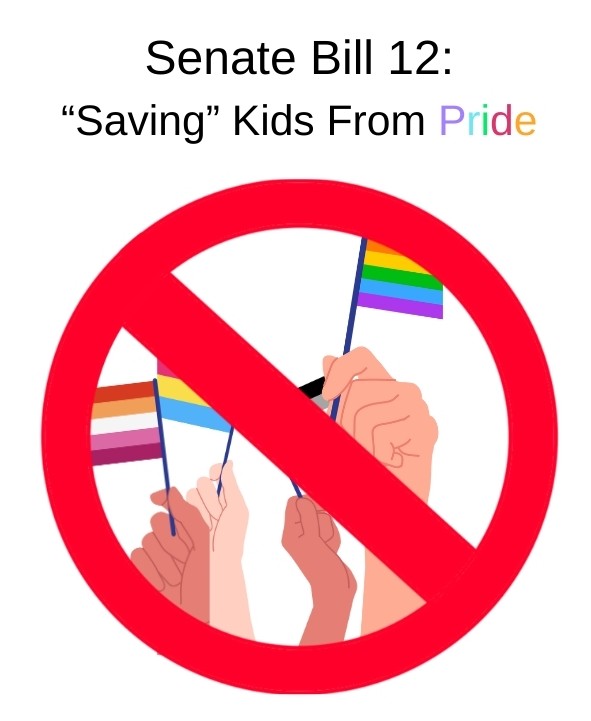Administrators implemented a new cell phone policy prohibiting students from using their phones or other electronics except the Chromebook during instructional time. If a student is caught using an electronic device during class, teachers must confiscate it.
This new policy will allow students to engage more with their studies and peers.
Last year, more and more students were involved with social media instead of their school work. During instructional time, it was common to see students watching movies or taking pictures of themselves to share with their peers on social media like Snapchat, instead of listening to their teacher. Being able to use their phones during class resulted in multiple Instagram accounts showcasing students holding up offensive gestures or sleeping, which can cause the school to have a bad public image and get students involved in trouble.
Without phones, people can’t easily deal drugs during school hours. For example, last year students were caught buying cocaine and other drugs. These deals were made by students texting each other and planning to meet in the bathroom.
The inability of students to stay off their phones could be considered an addiction. Screen time is seen as high as 12 hours a day. As a result of excessive phone usage, grades go down while the likelihood of students cheating goes up. Not only that, students will be tired and distracted. With the new restrictions, attention span and grades will have a significant increase as students are expected to listen to and watch their teachers. It also gives them a chance to interact in person rather than virtually.
Despite the policy, students are still allowed access to their phones during passing and lunch periods which is enough time to respond to messages that may be important. If students receive calls from work during school hours, it is up to the student’s boss to understand that a high-school-aged employee is a student first and shouldn’t be contacted during school hours.
Cyberbullying is a rising issue as more people gain access to social media. Students will post their peers on various platforms and make degrading comments on their appearances and character. These photos then get screenshotted and passed around to other students which can be detrimental to the victim’s mental health. Sometimes cyberbullying can happen openly, in their peer’s comment section. In Texas, cyberbullying is illegal and can lead to fines or jail time. Preventing phones during class time helps prevent cyberbullying.
Those who support allowing cell phone use in class say that this will fail to increase students’ productivity. However, when students were focused on their devices, productivity was already low. Therefore, preventing students from being on their phones during instructional time should only help because it removes that distraction.
A possible compromise is for school policy to allow students on their cell phones once the teacher has completed the lesson and the students have turned in their work; students with good grades should have permission to use their phones. This way, productivity in the classroom is still high, but students still get the privilege of using their phones. There should be limitations regarding taking photos or videos, or when students can use headphones. A policy like this would allow students to engage with peers and focus more on their studies.
All in all, putting limitations on cell phone use is better for students.







